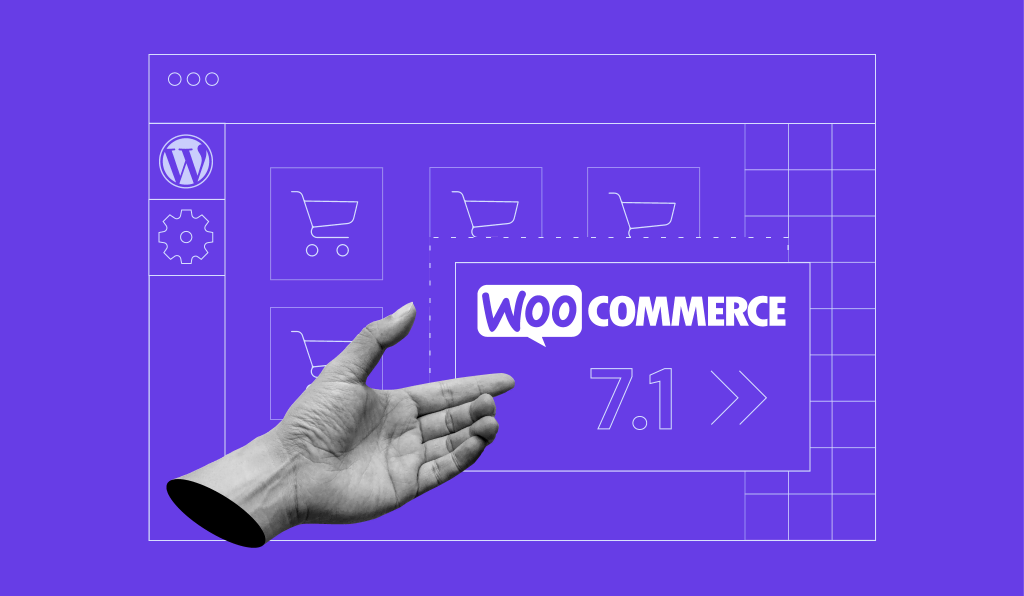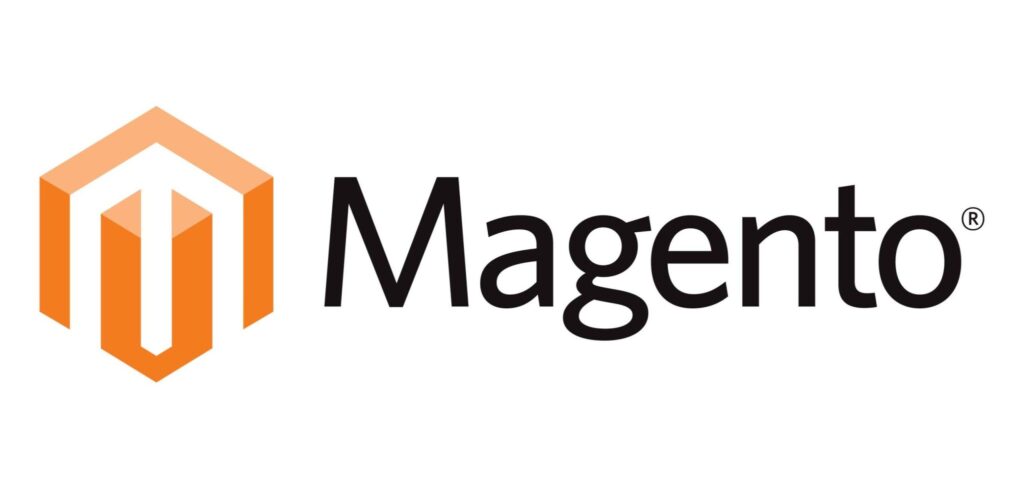Introduction of Top 5 Ecommerce Platforms:
Top 5 Ecommerce Platforms have been discussed here. Ecommerce has become an integral part of the business landscape.
With the growing popularity of online shopping, businesses need reliable and robust ecommerce platforms to establish and scale their online presence.
Throughout this essay, we’ll examine the top five ecommerce platforms that have proven to be the go-to choices for businesses aiming to thrive in the digital marketplace.
From small startups to large enterprises, these platforms offer various features and functionalities to cater to businesses of all sizes and industries.
- Shopify:

Shopify has been recognized as one of the most popular e-commerce platforms. Empowering entrepreneurs and businesses to create and manage their online stores effortlessly.
With its user-friendly interface and extensive features, Shopify has gained popularity across various industries.
The ease of Shopify’s setup is one of its primary advantages, allowing even those lacking technical skills to set up an online shop quickly.
Shopify offers a vast collection of customizable templates, enabling businesses to create visually appealing and unique storefronts.
These templates are mobile-responsive, ensuring a seamless shopping experience for customers on different devices. The platform also provides an extensive selection of applications and plugins through App Store. App Store.
Which allows companies to improve their store’s functionality and scale. Shopify offers a comprehensive ecosystem of third-party applications, from marketing and SEO tools to inventory management and customer support integrations.
Moreover, Shopify integrates seamlessly with various payment gateways, ensuring secure business and customer transactions. It also provides:
Built-in analytics and reporting features.
Giving businesses valuable insights into their store’s performance.
Customer behavior.
Sales trends.
With its robust inventory management tools, businesses can efficiently track stock levels, manage product variations, and handle fulfillment processes.
- WooCommerce:

An open-source e-commerce platform, WooCommerce, is based on WordPress and has gained massive popularity because of its flexibility and user-friendliness.
With WooCommerce, businesses can transform their WordPress websites into fully functional online stores, and this platform suits businesses already utilizing WordPress as their content management system.
WooCommerce provides many templates and themes that can be modified to fit a business’s brand. Its user-friendly interface allows businesses to easily manage products, track inventory, and process orders.
WooCommerce also provides seamless integration with various payment gateways and shipping providers, offering businesses flexibility in managing transactions and shipping processes.
One of the key advantages of WooCommerce is its extensive library of plugins.
As an open-source platform, developers worldwide contribute to its plugin ecosystem, offering businesses a wide range of options to extend their store’s functionality.
From automated marketing and customer relation management to advanced analytics and reporting, companies can design your online shops to fit their needs.
- Magento:

Magento is a powerful ecommerce platform designed for businesses with complex needs and large-scale operations.
It offers unparalleled flexibility, scalability, and customization options, making it an ideal choice for enterprise-level businesses.
Magento comes in two versions: Magento Open Source (formerly called Magento Community Edition) and Magento Commerce (formerly known as Magento Enterprise Edition).
With Magento, businesses have complete control over their online stores’ appearance, functionality, and customer experience. It offers extensive customization options, allowing businesses to create unique and visually stunning storefronts.
From product catalogues and promotions to advanced search capabilities, Magento equips businesses with the tools to create exceptional customer shopping experiences.
One of Magento’s key strengths is its ability to handle large product catalogues and high transaction volumes. The platform offers advanced inventory management features, enabling businesses to efficiently manage multiple warehouses, track stock levels, and handle complex product variations.
Additionally, Magento provides robust order management capabilities, allowing businesses to streamline.
Their fulfilment processes provide excellent customer service.
Magento also offers a vast ecosystem of extensions and integrations, enabling businesses to seamlessly extend their store’s functionality and integrate with third-party services.
Whether integrating with payment gateways, shipping providers, or marketing automation tools, Magento allows businesses to create a tailored ecommerce solution.
- BigCommerce:

BigCommerce is dependable in the list of Top 5 Ecommerce Platforms geared towards companies of all sizes, from small businesses to large enterprises.
It offers several features and a simple user interface, empowering businesses to create stunning online stores easily.
One of BigCommerce’s unique characteristics is its collection of professionally designed templates and customization options. Businesses can choose from various themes and customize them to align with their brand identity.
The platform also provides a visual editor, allowing businesses to make real-time changes to their store’s appearance without coding.
BigCommerce offers seamless integration with leading payment gateways and shipping providers, ensuring secure transactions and efficient order fulfillment.
The platform also provides built-in features for managing product catalogues, inventory, and orders, simplifying the overall management process. Moreover, BigCommerce offers comprehensive analytics and reporting tools; Businesses can gain valuable insight into their store’s performance, customer behaviour, and sales trends.
Another notable feature of BigCommerce is its robust SEO capabilities. The platform is designed to optimize online stores for search engines, helping businesses drive organic traffic and improve their search rankings.
From customizable URLs to metadata management, BigCommerce provides businesses with the necessary tools to implement effective SEO strategies.
- Volusion:

Volusion is in the list of Top 5 Ecommerce Platforms it is a user-friendly ecommerce platform that caters to small and medium-sized businesses. It is a straightforward but efficient remedy for
establishing and managing an online store. Volusion’s intuitive interface and easy-to-use tools make it an ideal choice for businesses without technical expertise or a dedicated IT team.
Volusion provides a range of mobile-responsive templates and customization options, allowing businesses to create visually appealing and mobile-friendly storefronts.
The platform offers a drag-and-drop editor, enabling businesses to customize their store’s appearance without coding. Volusion also provides built-in marketing tools, including SEO optimization features, social media integrations, and email marketing capabilities.
Regarding inventory management, Volusion offers features for managing product catalogues, tracking inventory levels, and handling product variations. It is a modest but efficient remedy for ensuring seamless and secure transactions for businesses and customers.
Additionally, Volusion provides businesses with valuable insights through its analytics and reporting tools, allowing them to track their store’s performance, monitor customer behaviour, and make data-driven decisions.
Conclusion:
The ecommerce landscape continues to evolve, and businesses must choose the right platform to thrive in the competitive online marketplace. Shopify, WooCommerce, Magento, BigCommerce, and Volusion have emerged as the top players in the ecommerce platform arena.
Each platform offers unique features and benefits for different business needs, including ease of use, scalability, customization options, or advanced functionality.
By leveraging the power of these ecommerce platforms, businesses can unlock new opportunities, expand their customer base, and ultimately achieve sustainable growth in the digital era.
Whether you are a fledgling business, expanding mid-sized business, or an enterprise-level organization, these platforms provide the necessary tools and functionalities to establish and grow a successful online store.
Choose a platform that is aligned with your company’s goals, customer needs, and budget, and embark on your ecommerce journey with confidence.
